Science

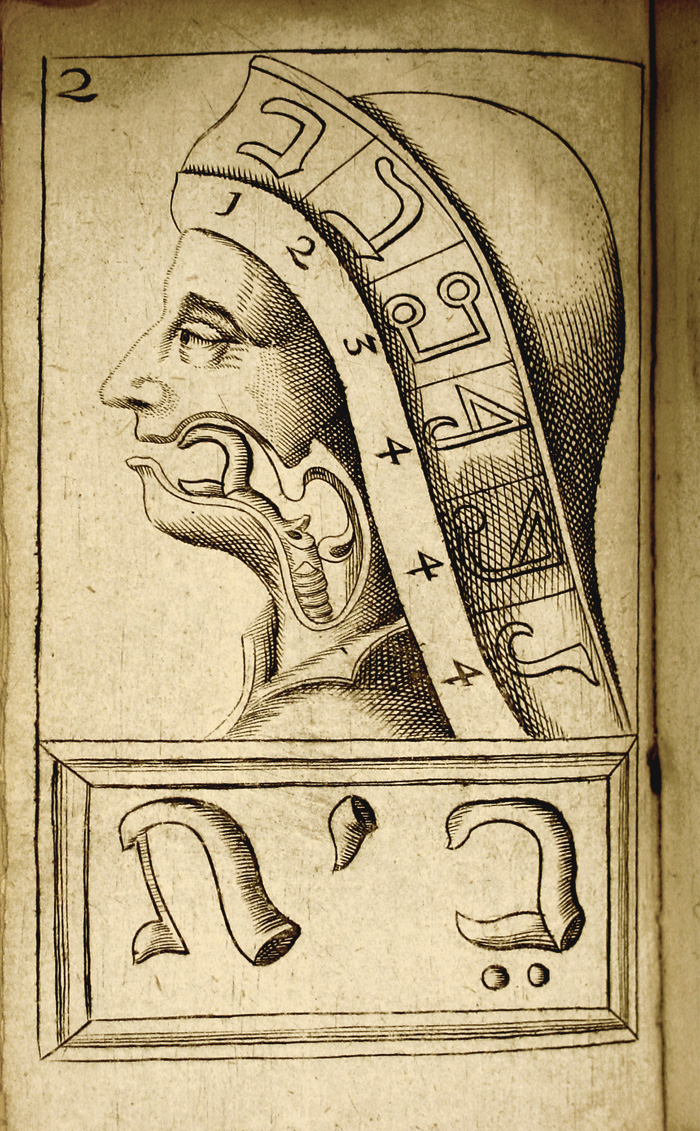
Science ought to resign itself to being only a symbolism conscious of itself…But the symbolic has quite another significance: the “science of sciences” as it was called by the ancients (cf. Decourcelle, Traité des symboles, Paris, 1806), the universal and divine language, which proclaims and proves the hierarchy of forms from the archetypal world down to the material world and the relationships which unite them; it is, in a word, the living and tangible proof of the kinship of beings. (Marc Haven Le Tarot, Lyons, 1937, pp. 19-20, 24)
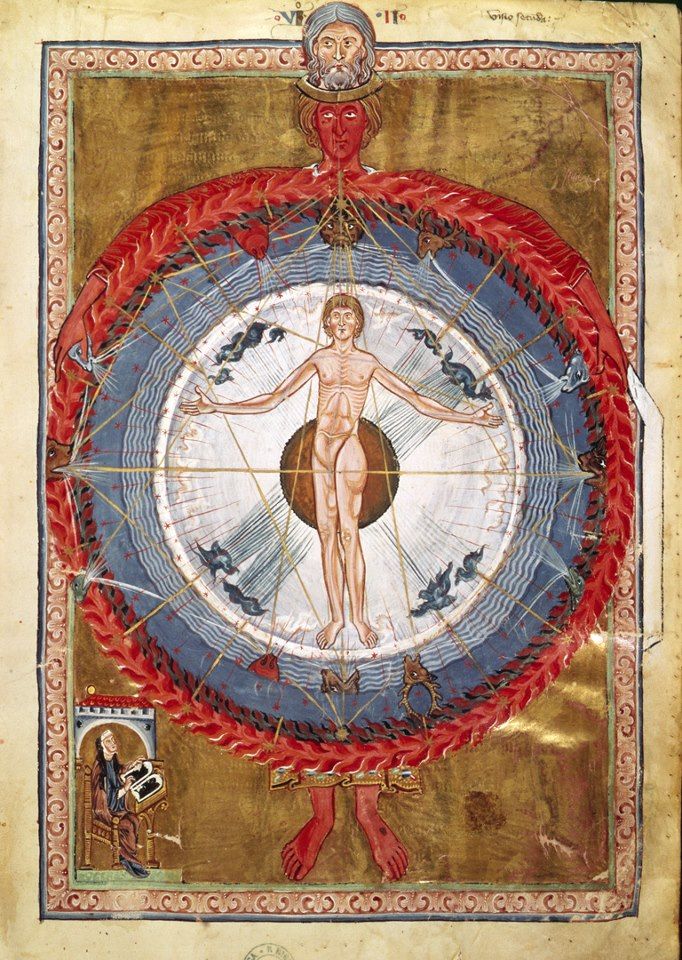

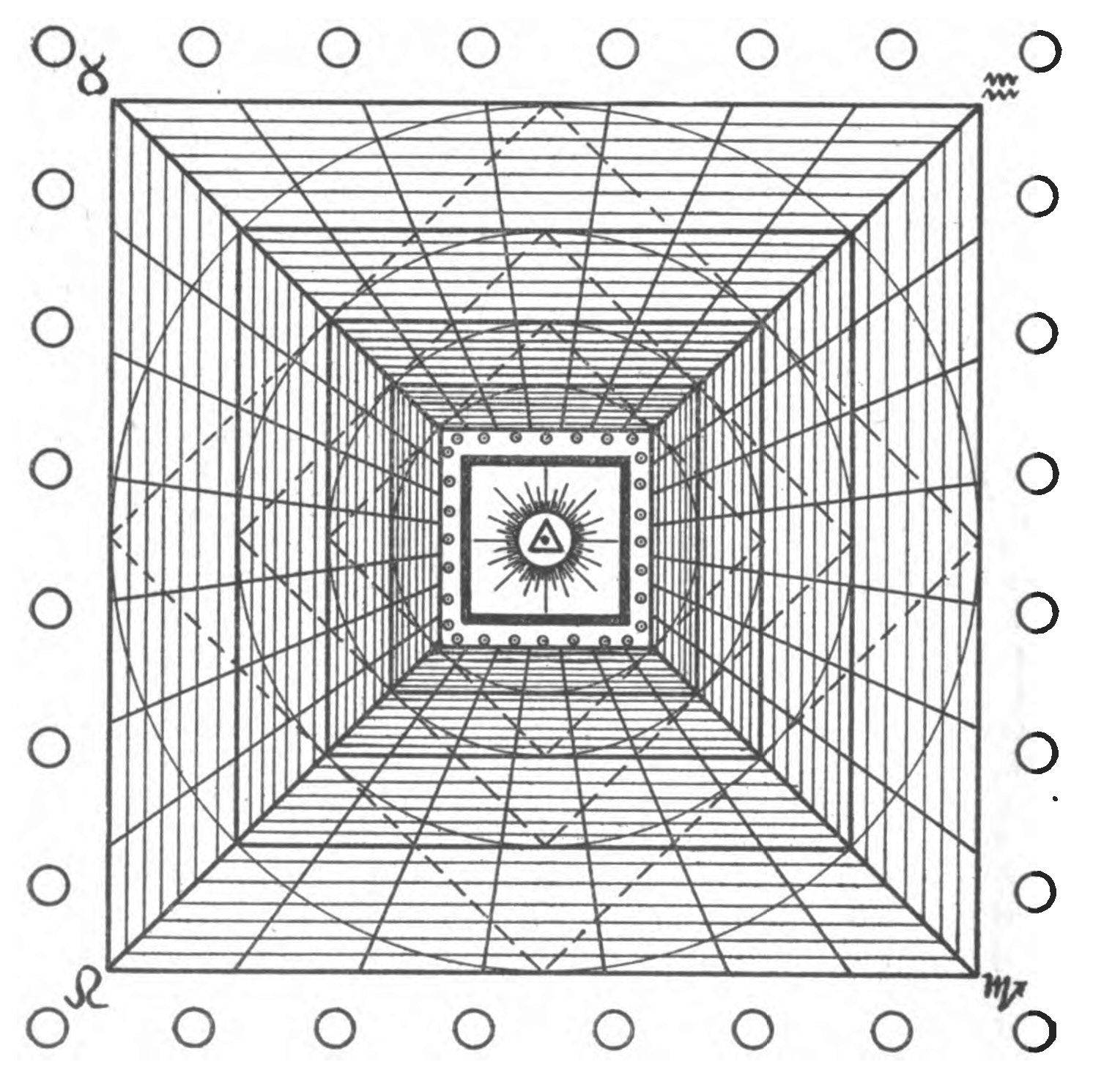
"One must know how to protect oneself against the tigers to which one has given birth, as well as against those that have been begotten by others." - Lama from Derge, Kham, Eastern Tibet, cited Alexandra David-Neel (Magic and Mystery in Tibet, London, 1967, pp. 146-148).

"With respect to Tibet, we find there the singular phenomenon of the conscious—semi-“scientific”—practice of the creation and destruction of demons. It appears that in Tibet the Arcanum with which we are occupied is known, and it is practised as one of the methods of occult training of the will and imagination. The training consists of three parts: the creation of tulpas (magical creatures) through concentrated and directed imagination, then their evocation and, lastly, the freeing of consciousness from their hold on it by an act of knowledge which destroys them—through which it is realised that they are only a creation of the imagination, and therefore illusory. The aim of this training is therefore to arrive at disbelief in demons after having created them through the force of imagination and having confronted their terrifying apparitions with intrepidity." - Meditations on the Tarot, Anonymous.
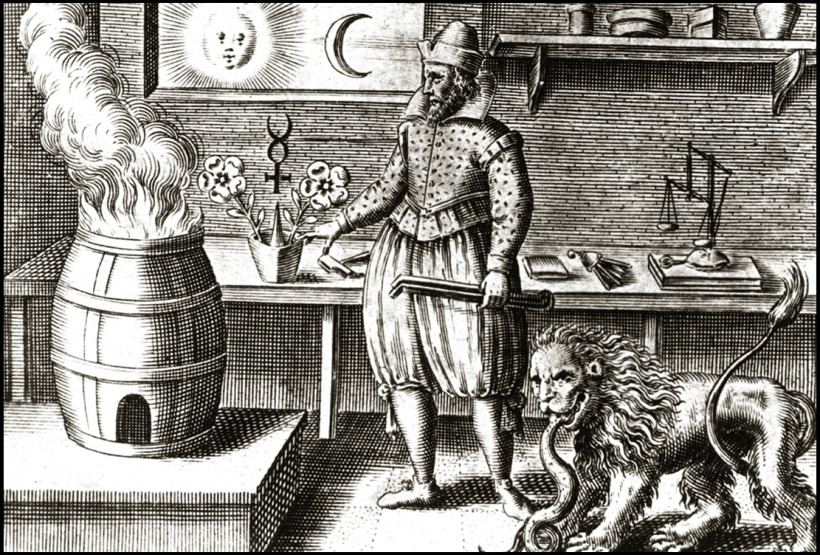


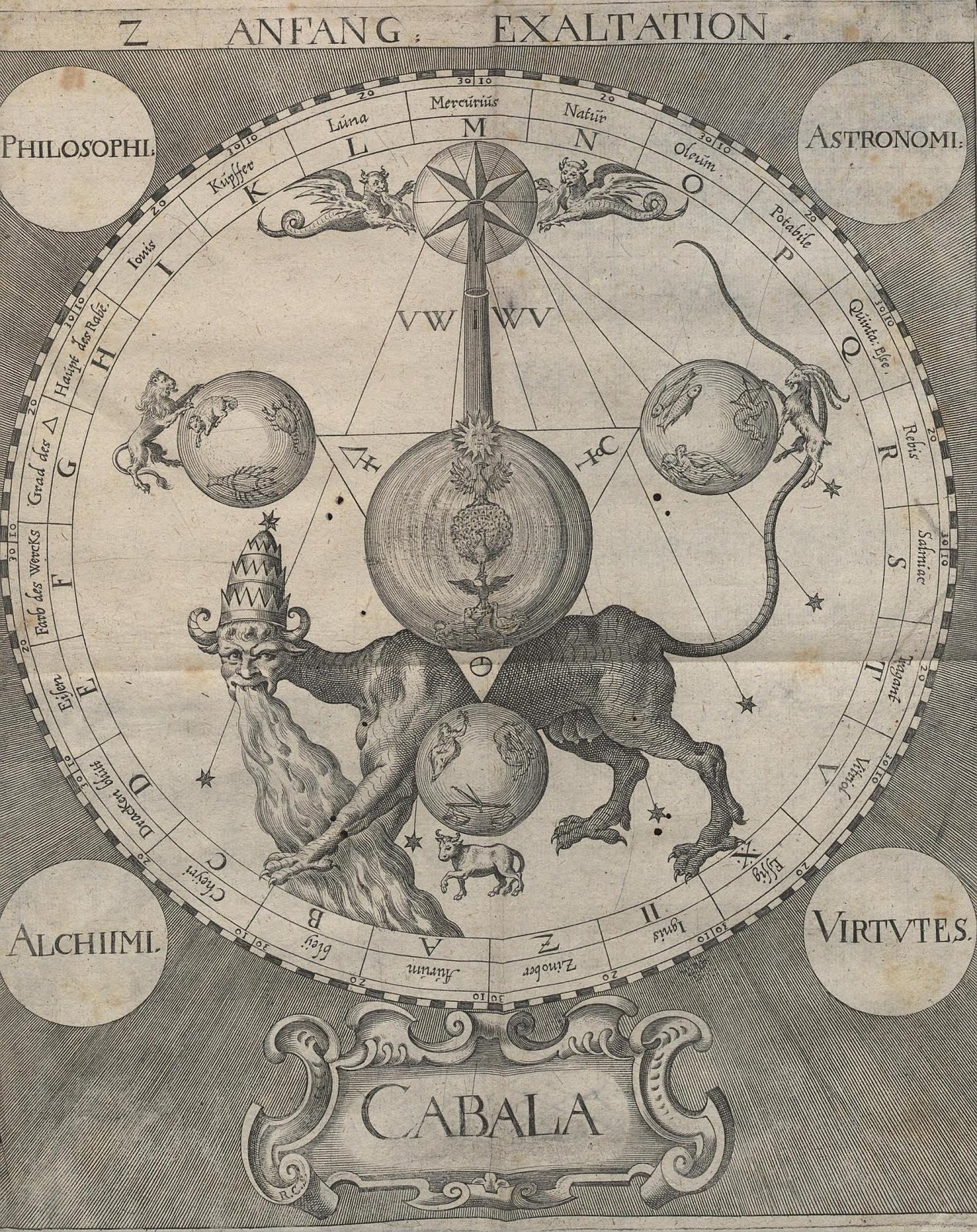

Empirical science declares itself ignoramus et ignorabimus (“we do not know and we shall never know”) with regard to the seven “enigmas” (Welträtsel) of the world: 1. the essence of matter and energy; 2. the origin of motion; 3. the origin of the senses (sense-perception); 4. the question of free will; 5. the origin of life; 6. the purposeful organisation of Nature; 7. the origin of thought and language. (E. H. Du Bois-Reymond, Ueber die Grenzen des Naturerkennens. Die sieben Welträtsel, Leipzig, 1882)


